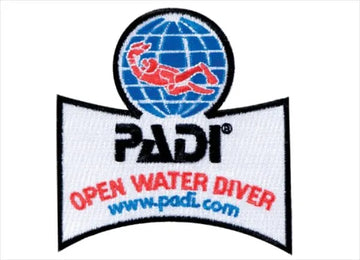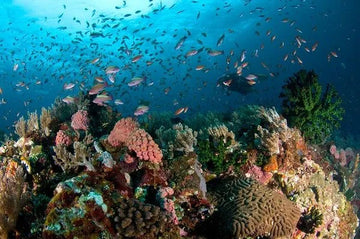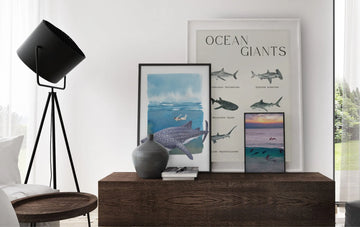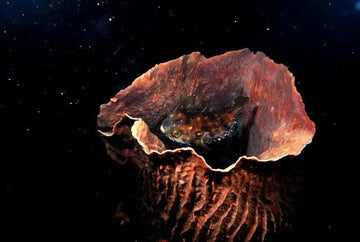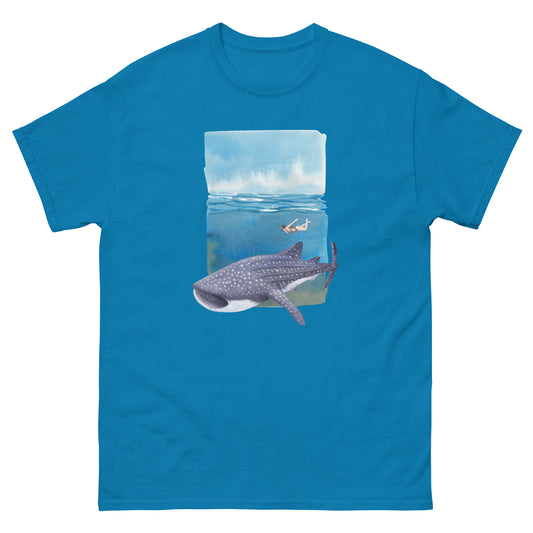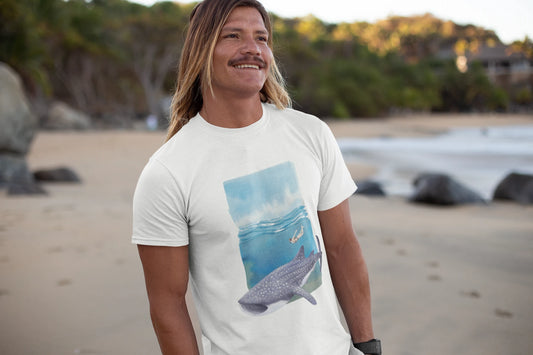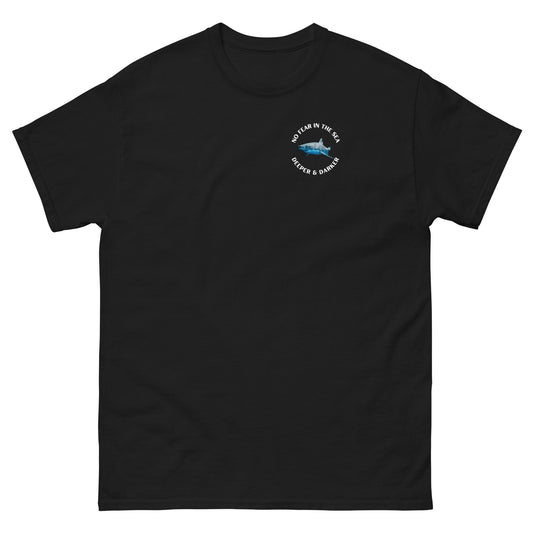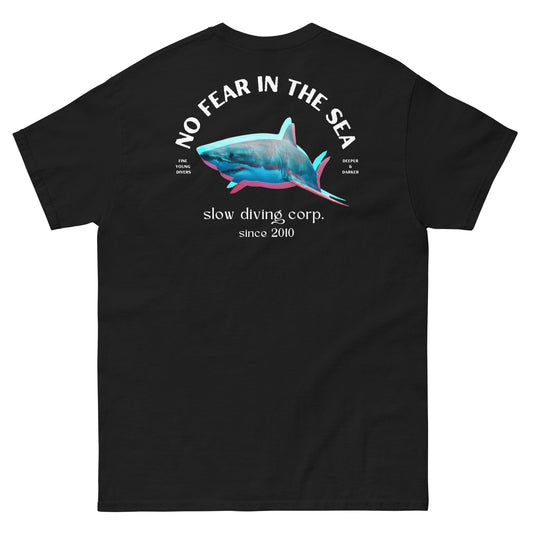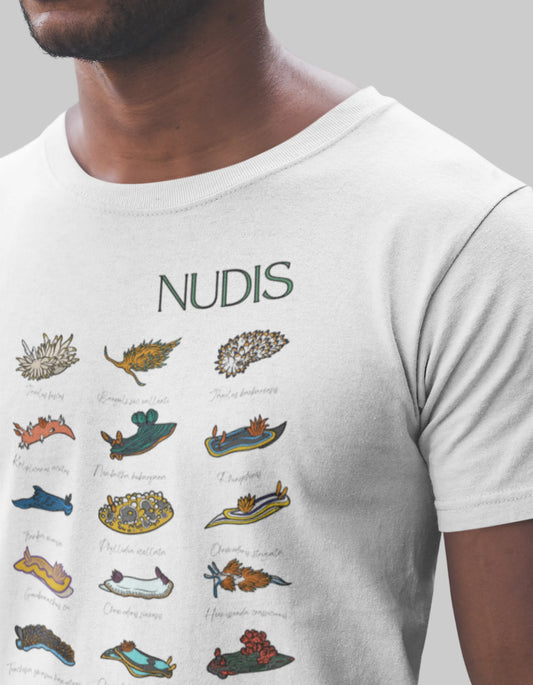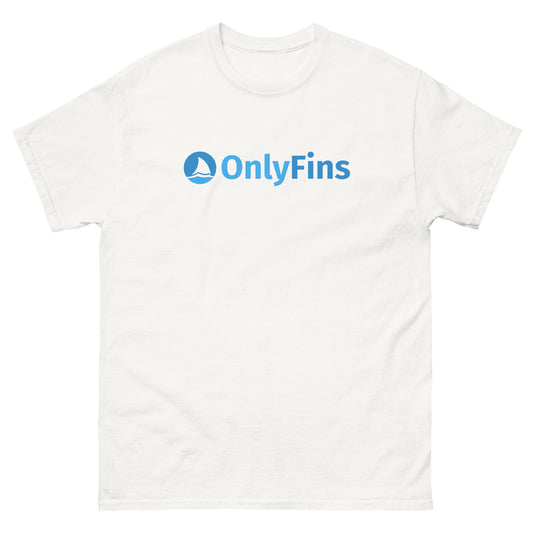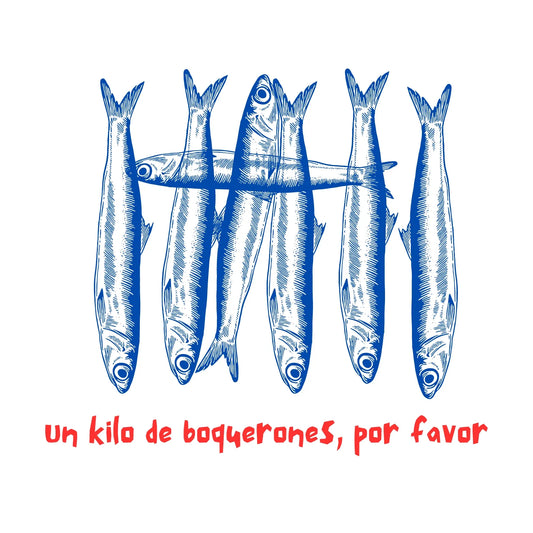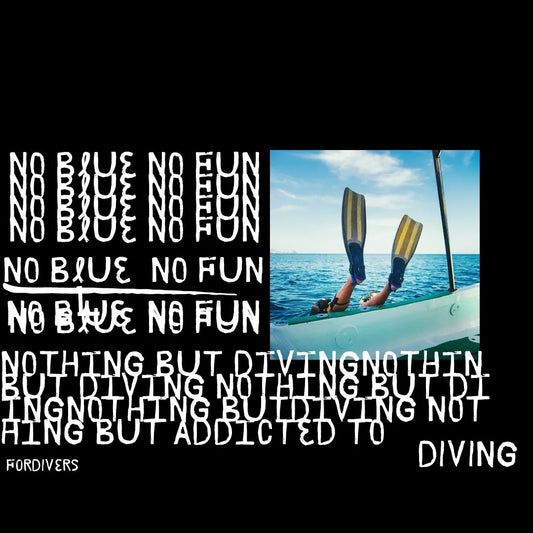The difference between a diver who received a good Open Water course and one who received a bad one is simply enormous. The first is unlikely to stop diving. The second probably developed a fear of diving before getting the certification... and most likely hasn't dived again.
Before we continue, whether you already dive or are considering it, this collection of diving T-shirts and hoodies is for you. Top quality and worldwide shipping. Order now, they make perfect gifts!
To prevent you from becoming part of the second group, we're going to help you with some tested, consulted, and discussed tips with dozens of divers and diving instructors. The vast majority agree that the first step in the diving world, the Open Water Diver course, is extremely important and can shape the rest of each diver's life. For better or for worse.
If you're considering taking an Open Water Diver course to learn to dive, check out these 9 tips. You'll have a better chance of being part of the group of divers who took a good first step to becoming a solid diver.
1. Don't focus solely on the price and avoid offers
The difference in the quality of the Open Water course offered by one dive center and another can be as large as the differences in price. No one gives anything away, so when considering taking the Open Water course, avoid Groupons, Groupalias, 50% discounts, and dive centers with extraordinary offers in overly touristy areas. Most of these are more concerned with making quick money and receiving diplomas for certifying I don't know how many divers a year than creating good and independent divers.
The most important thing when choosing a center is that the instructor inspires confidence. Although it doesn't hurt to ask acquaintances or forums (with much reluctance), the most important thing is that this person makes you feel safe and accompanies you from the first to the last day of the course. In and out of the water.
Keep in mind that the cheaper the course, the more people will be participating in it to make it profitable, so look for Open Water courses where there are few students (if possible, be alone with the instructor, and at most be with 2 people). Look for that instructor who seems passionate about teaching and with experience, who will accompany you throughout the process. Avoid dive course sellers and don't be stingy with your training.

2. Don't give importance to the certifying agency
PADI, SSI, ACUC, CMAS, FEDAS... there are different certifying agencies, and you may have doubts about these acronyms when hiring your course. It doesn't matter; they are not relevant for learning to dive. Remember, the really important thing is who gives the course, not which school it belongs to. With all these certifying agencies, you can dive anywhere in the world, and you can even change during your training as a diver, doing the Open Water course with PADI and the Advanced Open Water with SSI, for example. Again, the determining factor will be the person giving you the course.
3. Listen and pay attention to your instructor at all times
Once you've decided on a dive center or instructor, the first thing to consider is that you don't know anything at all. No matter how good your relationship is with the ocean or how many hours you spent as a child snorkeling. You don't know how to dive, and that instructor, no matter how young, inexperienced, or fragile they may seem, has many more hours underwater than you. Pay attention; they have a lot to teach you.
If you've followed the first point, you'll be working with a certified, experienced instructor (which has nothing to do with age) who masters all the skills you need to learn in this first stage and is ready to teach them to you.
4. Everything in diving has a reason
Everything the instructor is explaining to you and asking you to do has a reason, even if you don't understand it now. Whether it's systematically performing a check, using a certain piece of equipment that seems useless to you, or doing that annoying exercise that you think serves no purpose, don't ignore it. Follow the teacher's instructions. Everything has a reason.

The day they take off your mask at 20 meters with a fin swipe, you'll remember that good instructor who made you take off your mask underwater over and over again. CC image by alfonsator
5. Relax
At first, both theory and practice may seem complicated. You'll see that with time, diving and handling all the gear is straightforward. The key is to stay calm.
When you get in the water, it's crucial to be relaxed knowing that nothing bad can happen, and if any inconvenience arises, the instructor will be there to help you... that's why it's so important to work with instructors who assure you that the course and open water practice are only for you or one more companion. Can you imagine 5 people underwater, with no experience, under the guidance of a single instructor? Are you sure you want to be one of those 5 people when a problem arises?
6. Go at your own pace
Recreational diving is not competitive, not even when you're learning. Don't worry if a peer or acquaintance masters certain techniques or skills before you or if you think you should learn faster. Like in other situations in life, we all have different abilities, and some things we learn faster than others. Haste is a bad diving companion.
When you'll truly learn is when you get your certification and start diving. Some consider themselves good divers with 30 dives; others need 75. You are different, and you should only be aware of your pace. Take your time, enjoy the journey.
7. Don't be afraid to ask questions
There are situations where we may feel foolish for asking something that seems obvious. It's not so obvious if you have doubts. You're paying a good amount to engage in an activity that involves some risk; it's smart to ask when you have doubts. Again and again until it's clear to you. If it's a good instructor, they won't have a problem addressing any doubts you may have.
8. Become a diver
When you finish the course and obtain the certification, you won't yet be a diver. You'll have taken the first step to becoming one, but it's just the first step. You can dive, yes, but getting the Open Water Diver is a means more than an end. Until you have several dozen dives, always accompanied by an experienced diver, you'll still be an apprentice, a practicing diver. It's somewhat similar to obtaining a driver's license. Yes, you can drive independently, but you need many hours behind the wheel, driving on different types of roads and in different weather conditions to say that you know how to drive.
If everything has gone well, you'll be amazed by the richness of the underwater world. You'll be hooked on the freedom that diving brings, and you won't want to stop doing it. You'll seek new places, want to learn new skills, and eventually, you'll know and complete your equipment... Becoming a good diver will be up to you; the journey begins with obtaining the Open Water from a good instructor.
9. This is called RECREATIONAL diving, take it as such
Finally, all that's left for you to do is have fun underwater, respect the environment, the fauna, and your fellow divers. It's called recreational diving for a reason; for you, it's a hobby... for now.

